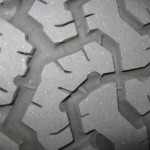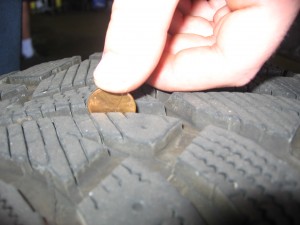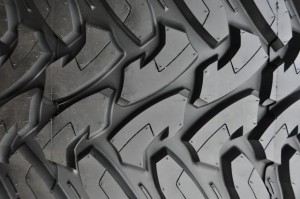The condition of the tires on your car greatly affects your safety while driving. Here are some tips to help you determine when to replace your tires.
- Look at the tread pattern. Most tires are manufactured with “tread wear indicator bars” built right into the tire itself. They usually look like small bridges in between the tread. When these indicator bars become flush with the tire’s tread that is a sign it’s time to replace the tires.

- Check the tread depth. The “penny test” has been a popular method for a while, this is how it works. Take a penny and place it upside down with the picture of the head facing you in the center of the thickest part of the tire tread.
- If you can see the very top of the head, or the copper above it, replace the tires as soon as possible.
- If the hair on the top of the head is somewhat visible, this mean you should begin looking for replacement tires.
- If you can’t see the hair on the top of the head, then this means your tires don’t need to be replaced yet.
This is a simple method that works well if you are driving mainly on dry roads. If you drive on wet, slushy and snow-covered road you should maintain a deeper tread depth on your tires and replace them at the second bullet above. You need enough tread depth (4/32″) to allow the water or slush to escape through the tire’s grooves. If the water can’t escape fast enough your car’s tires will hydroplane or float on top of the water causing a loss of control and possibly an accident. Test all of your tires at the same time and once you’ve decided when to replace the tires make sure they are all replaced at the same time. Mismatched tires won’t give you the adequate safety or performance levels that a matched pair of tires will. If you see wires on your tread or notice wear on the sidewalls of the tire, don’t waste time with a penny, replace the tires! If any of this checklist gives you a headache just thinking about it. Have your auto repair shop do the work for you, that’s their job!


